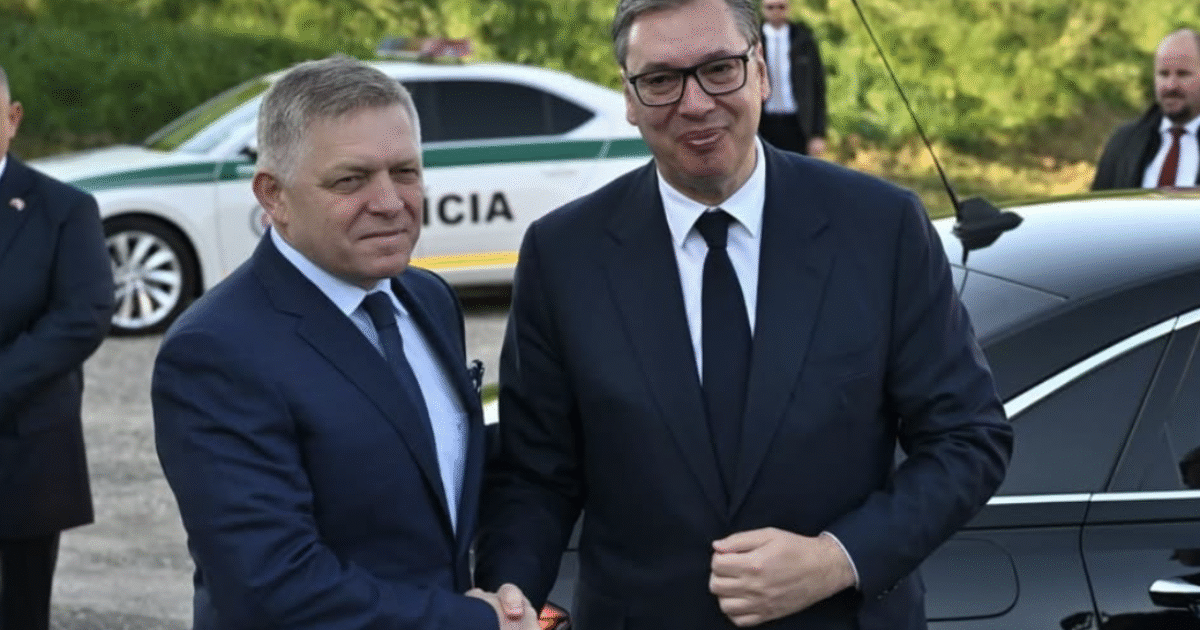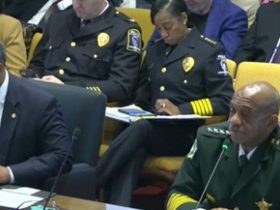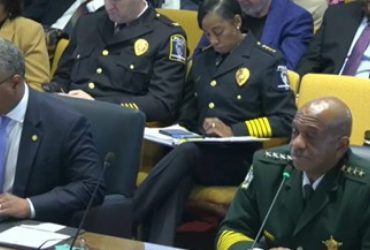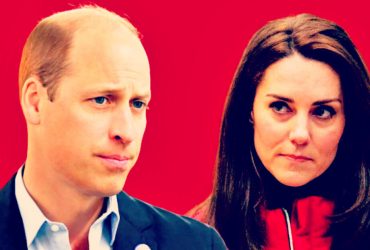Serbian President Vucic and Slovakian Prime Minister Vico via Instagram
Despite intense pressure from Brussels’ foreign policy chief, Kaja Kallas, the nationalist leaders of Slovakia and Serbia are resolutely standing their ground, opting to honor their historical ties with Russia rather than yield to the petty whims of unelected and increasingly irrelevant EU bureaucrats.
Both Slovakian Prime Minister Robert Fico and Serbian President Aleksandar Vučić have confirmed that, regardless of any backlash that they may face from globalists leading the EU, they will be attending Moscow’s Victory Day celebrations on May 9, marking a major symbolic break from the European Union’s official stance.
Fico, known for his nationalist, left-populist politics and strong anti-globalist rhetoric, dismissed criticism from EU foreign policy chief Kaja Kallas, the former prime minister of Estonia, a country of 1.3 million people, who warned against any EU officials participating in the annual event.
The Slovak leader, who, like President Trump, has survived an assassination attempt, snapped back at Kallas, stating that nobody would dictate where he would travel to, and adding that the celebration is a tribute to the Soviet sacrifice in World War II, not a political statement.
“Ms. Kallas, I would like to inform you that I am the legitimate Prime Minister of a sovereign country. No one can dictate to me where I can or cannot travel,” he said.
“I will go to Moscow to honor the memory of the 27 million Soviet citizens who died defeating fascism,” the Slovak prime minister declared.
During a press conference in Croatia on Wednesday, April 16th, Fico addressed a journalist’s question about his decision to attend the Victory Day celebrations in Moscow.
He explained that his choice was “rooted” in his understanding of politics and history, highlighting the hundreds of memorials dedicated to Red Army soldiers “scattered across the entire territory of Slovakia.”
“We know who liberated us… No one can take it away from us, no one can tell me we were liberated from the West, when we were liberated from the East,” Fico said.
SLOVAKS DO NOT FORGET AND KNOW THEIR DUTY pic.twitter.com/Wtve3cdvQ5
— Robert Fico (@RobertFicoSVK) April 16, 2025
Vučić, a long-time advocate of Serbia’s neutrality and close ties with both East and West, echoed that sentiment. “We are not ashamed of our history or of our friendships,” he stated during a press briefing.
According to The Telegraph, EU officials have told Serbia that Vucic’s trip to Moscow “would breach their membership criteria.” Serbia was granted EU candidate status back in 2012.
Kallas earlier this week said the EU does “not want any candidate country to take part in the May 9 events in Moscow.”
“I have not changed my decision… I am ready for the whole sky to fall on my head from the pressure to go to Moscow. Eight months ago, I announced my visit to Moscow, publicly,” Vucic told the Serbian press on Wednesday.
Serbia, which has refused to impose sanctions on Russia despite intense pressure from the Biden regime and the EU, has consistently maintained energy and economic partnerships with Moscow, even as Western leaders try to isolate Russia diplomatically.
The Victory Day parade, held annually in Red Square, commemorates the Soviet Union’s role in defeating Nazi Germany. It’s one of Russia’s most important national holidays and a key moment of pride for many post-Soviet states.
EU officials, led by Kallas, have attempted to frame any participation in the celebration as an endorsement of Russian policy—domestic and abroad, especially with respect to the war in Ukraine.
But for leaders like Fico and Vučić, it’s a matter of national sovereignty and historical truth. They’ve made it clear they won’t be told who they can and can’t honor.
Their bold decision signals growing resistance within Europe to the globalist agenda pushed by unelected EU bureaucrats, warhawks in the ousted Biden regime, and neoconservatives in the Republican party. It also underscores a broader shift as several Central and Eastern European nations begin reasserting independence in foreign policy.
In an era of mounting global tensions, these moves could mark the beginning of a deeper realignment—what some have described as a new multipolar world order. For now, at least, not everyone in Europe is willing to play by Brussels’ rules.
The post Slovak and Serbian Leaders Defy EU Globalists, Will Join Russia’s Victory Day Celebration in Moscow Despite Consequences appeared first on The Gateway Pundit.











